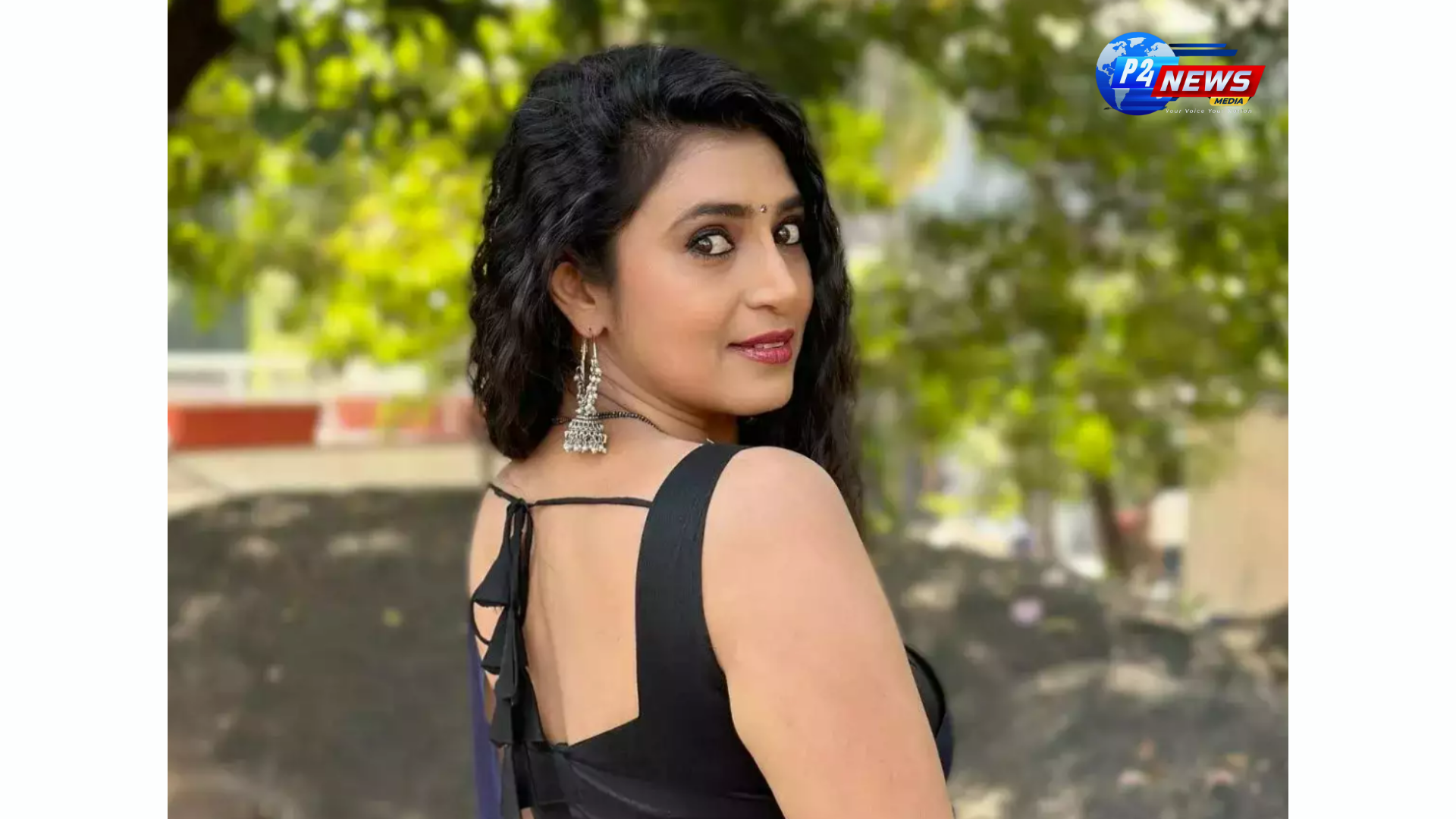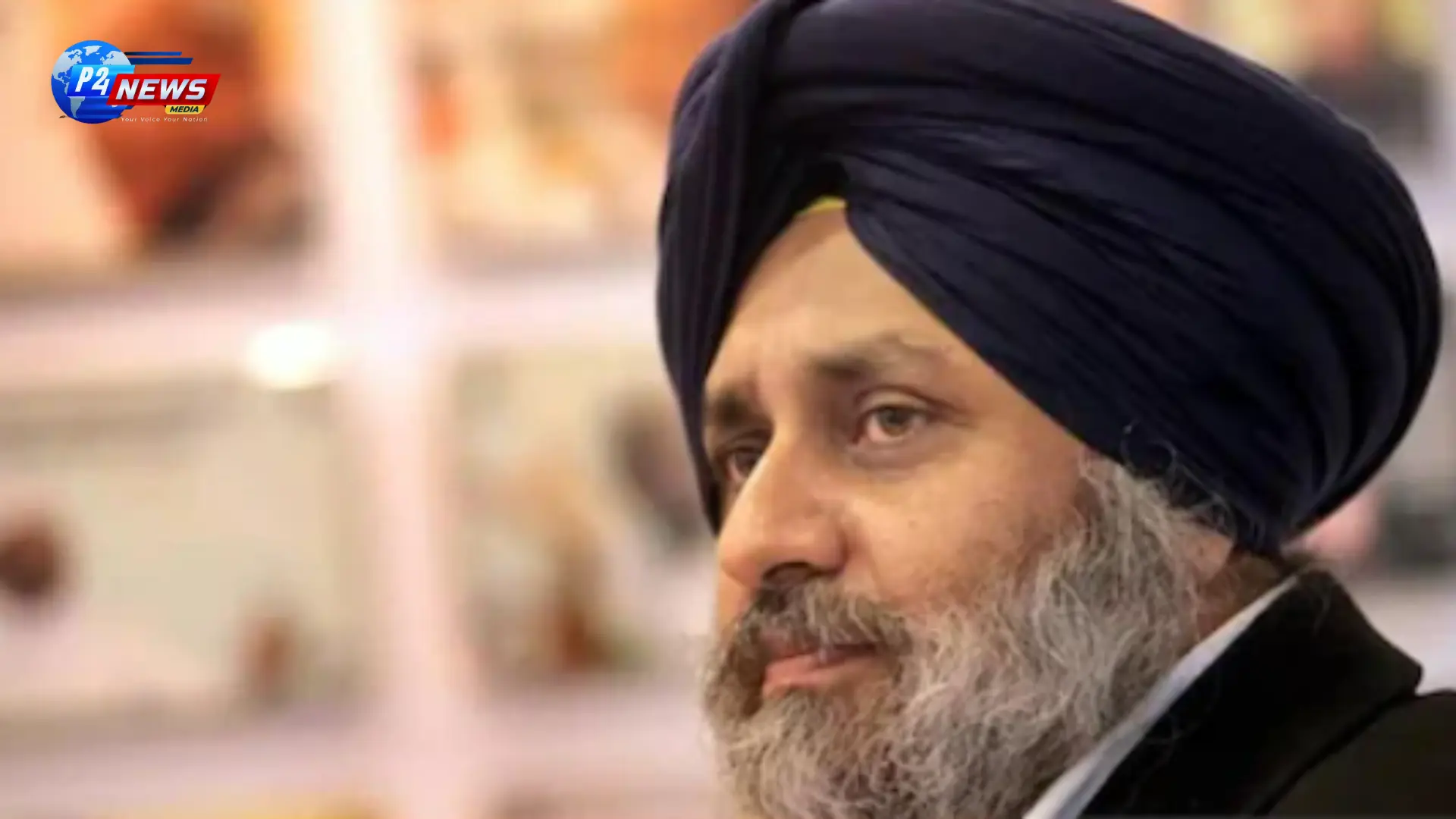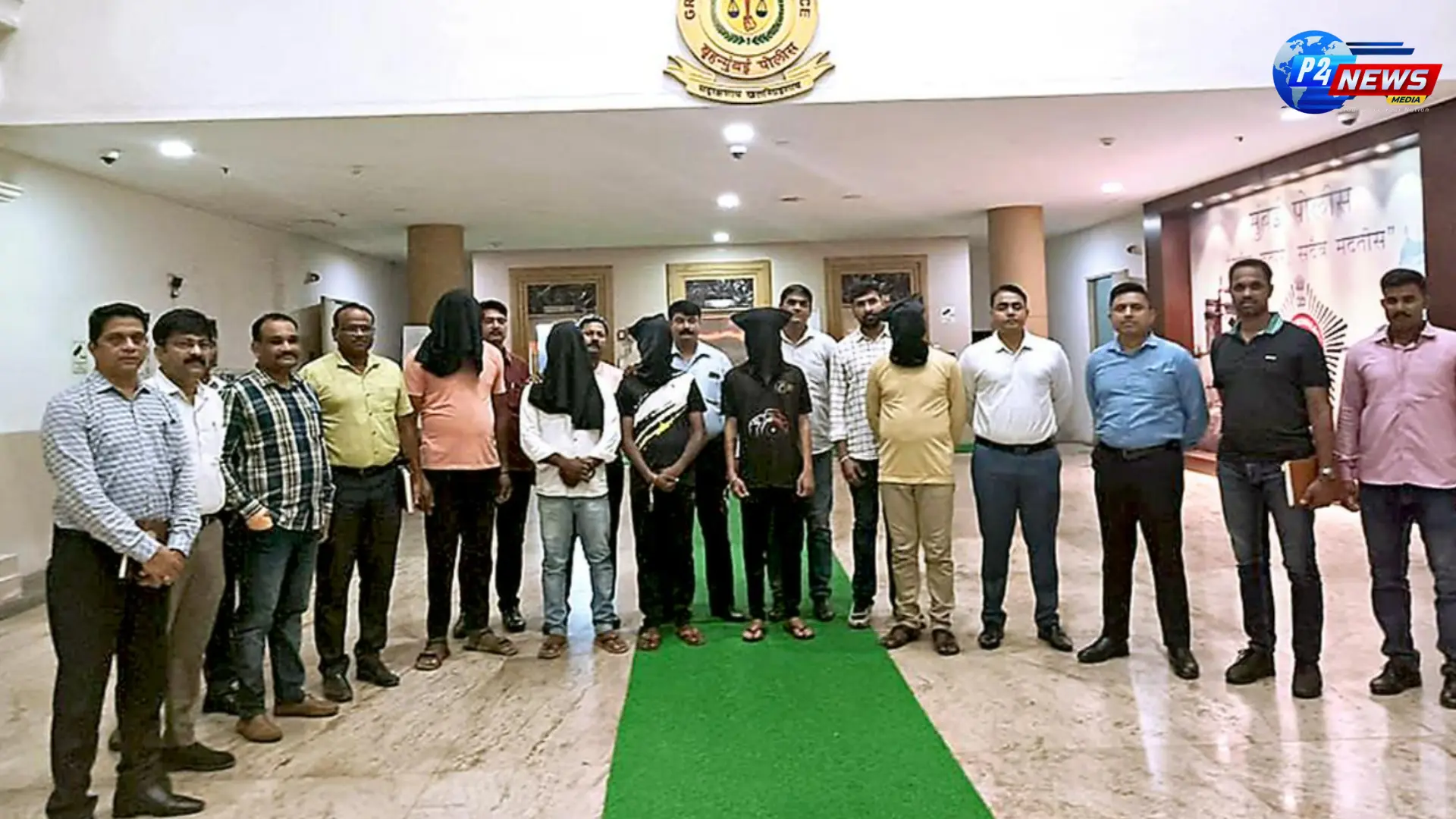The recent arrest of actor Kasthuri Shankar has sparked significant debate as she faces charges for comments deemed offensive towards the Telugu community. This incident has raised concerns about freedom of expression and accountability among public figures. The backlash from various groups has been swift, with many demanding a more stringent approach to such divisive speech. As the situation unfolds, it highlights the delicate balance between personal opinions and societal sensitivities, especially in a diverse country like India.
The recent developments surrounding actor Kasthuri Shankar have garnered immense attention across the nation. Following her remarks perceived as derogatory towards the Telugu community, the actor has found herself at the center of controversy. Her comments, which many interpreted as insulting, ignited a significant backlash, prompting activists and members of the Telugu community to voice their discontent.
The arrest, which took place after a series of protests demanding accountability from public figures, has stirred discussions regarding the limits of free speech and its implications for social cohesion. Shankar's statements were not just seen as personal beliefs; they resonated with broader issues regarding regional identity and respect among various cultural communities in India.
As the country navigates this sensitive terrain, the conversation around social responsibility of celebrities is becoming increasingly prominent. Public figures often serve as role models, and their words can influence perceptions and foster communal harmony or discord. The repercussions of Shankar's comments extend beyond her personal standing; they challenge the idea of how we discuss and debate cultural differences in a nation celebrated for its diversity.
The Telugu community, known for its rich heritage and substantial contributions to Indian culture, has expressed its outrage, highlighting that such comments only perpetuate stereotypes and deepen divides among communities. Community leaders are stressing the need for dialogue and understanding, rather than division.
Shankar's case raises important questions regarding the responsibilities that come with fame and the impact of public discourse on social dynamics. It brings to light the ongoing struggle between the right to express one’s opinion and the obligation to uphold respect for other cultures. As this story develops, it will undoubtedly serve as a reference point for future discussions about the intersection of celebrity culture, freedom of expression, and community relations in India.
In parallel, the resignation of political figure Sukhbir Singh Badal, shortly after a call for religious misconduct punishment, adds another layer of complexity to the current affairs of India. His resignation underscores the volatile nature of political accountability in the face of public expectation and the scrutiny that comes with it. Just like Shankar’s predicament, this situation places a spotlight on the way public figures must navigate their roles in society.
The conversations sparked by these events may serve as catalysts for change, pushing both entertainers and politicians alike to engage more thoughtfully with their audience and consider the broader implications of their statements. As we reflect on these incidents, it becomes clear that the dialogue surrounding freedom of expression in India is far from resolved. Engaging in constructive discussions about respect, community, and cultural identity is essential for fostering a harmonious society, where diverse voices can coexist without fear of backlash.
















Comments 0